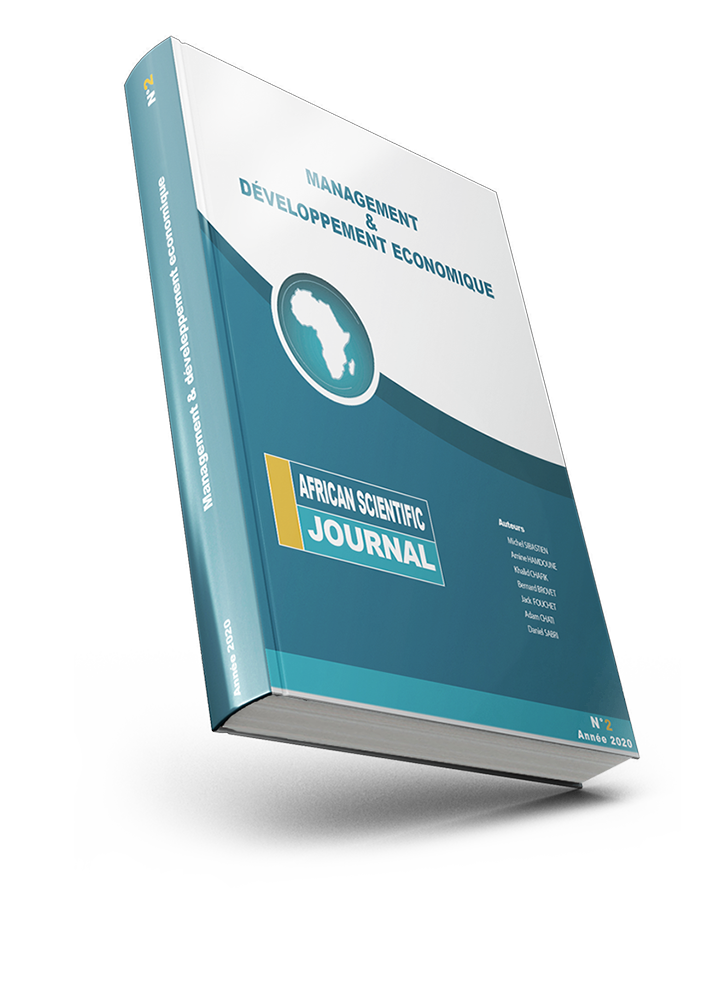Public expenditure and economic growth: Empirical validation of Wagner's law in Morocco
DOI:
https://doi.org/10.5281/zenodo.7774103Keywords:
Government spending, Economic growth, Wagner's lawAbstract
The nature of the empirical relationship between government spending and economic growth is subject to other interpretations. One, associated with Keynes, is that governments use discretionary changes in government spending to stabilize cyclical fluctuations and develop capital infrastructure. A complementary theory explaining why government spending grows faster than output as the economy develops has been associated with Wagner (1911).
Therefore, the objective of this work is to test the validity or otherwise of Wagner's law in Morocco. The most widely used formulation for the empirical verification of Wagner's law is the one given by the model of Musgrave (1969). An analysis of time series data to provide a guide on the appropriate economic methods and models to be applied by means of the Augmented Dickey Fuller (ADF) tests [Dickey and Fuller (1979)], as well as the concept of cointegration and its empirical tests, while the Vector Autoregression (VAR), Vector Error Correction Model (VECM) are estimated at the end of this work.
Downloads
Published
How to Cite
Issue
Section
License
Copyright (c) 2023 African Scientific Journal

This work is licensed under a Creative Commons Attribution-NonCommercial-NoDerivatives 4.0 International License.



















